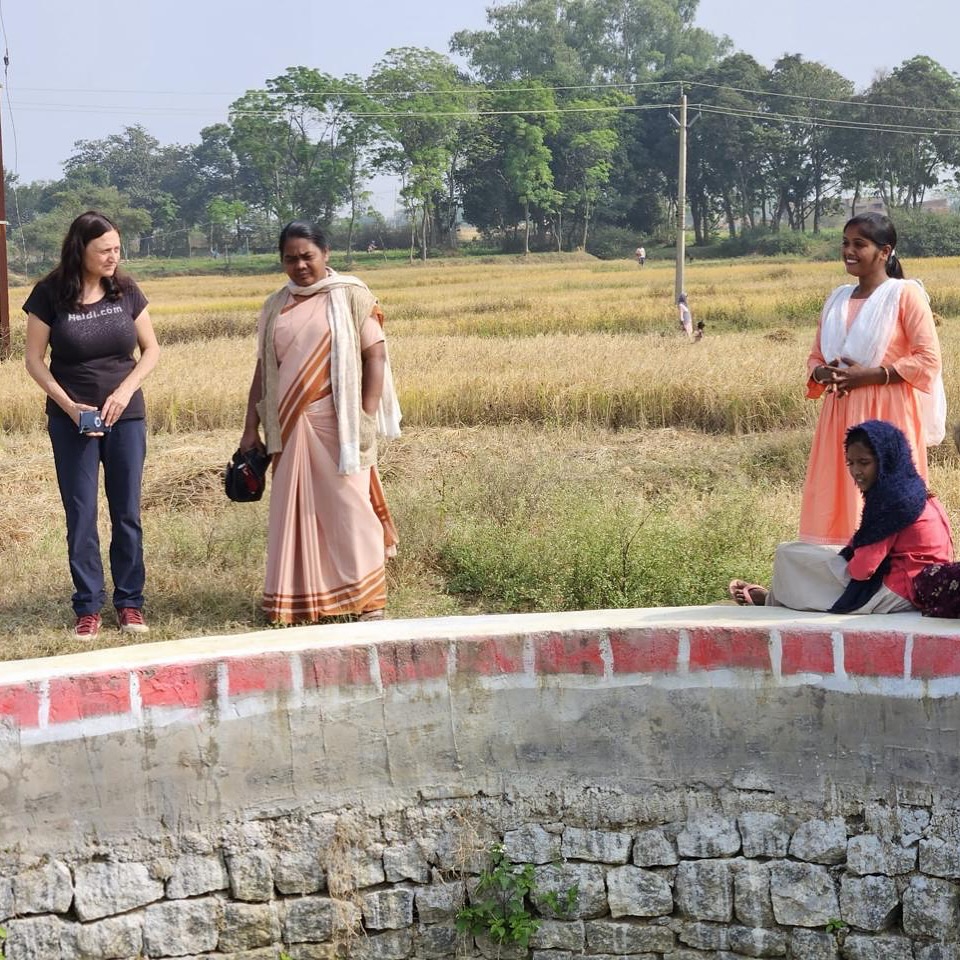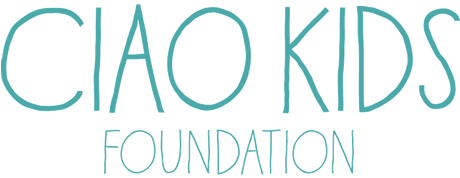
26 Aug Spotlight: Nathalie Praz
Personal Motivations
- What initially motivated you to get involved in humanitarian work?
I was no longer satisfied with my job in the private sector. At a certain point, I really felt the need to dedicate my energy to a cause that allowed me to live out the values I hold dear: sharing and solidarity.
- Was there a specific event or person who influenced your decision to devote your life to this field?
Not really.
Experience and Growth
- Can you tell us about your journey in the humanitarian sector and the different organizations you worked with before joining the Ciao Kids Foundation Board?
I first worked in India with a local organization. That’s where I truly learned a lot about the lives of street children in India. By being with them on a daily basis, I came to understand their resilience despite incredibly difficult life paths.
I then worked with Terre des hommes as head of projects in Asia.
Today, I am Head of Humanitarian Projects at EPER.
- How has your experience in humanitarian work evolved over the years, and what important lessons have you learned along the way?
It is difficult to stay motivated and not become disillusioned in this line of work. We are faced with so much tragedy and so much avoidable suffering that the risk of discouragement is very real. Over time, I have become more and more specialized in emergency response, in “life-saving” operations.
In this work, there is always a risk of imposing ready-made solutions—wanting to help but assuming we know more than the people we are trying to help. That’s why I have supported new “cash” approaches, based on money transfers rather than goods, which are more dignified. We don’t make choices for others; we give back choice to people and families who are victims of disasters, conflicts, and discrimination. This has been one of the most important evolutions in humanitarian action.
Commitment to Ciao Kids
- What specifically attracted you to Ciao Kids, and why did you decide to join their Foundation Board?
India has a special place in my heart because I lived there for several years. It’s important to me that the forgotten people of “Shining India” are not forgotten by everyone. It’s similar with Nepal—a trekking paradise and home to magnificent temples for most of us, but also a place where daily life is often marked by discrimination. Supporting Dalit and Adivasi communities is a fight I wholeheartedly embrace.
- Can you share an achievement or a project of Ciao Kids that you are particularly proud of?
I believe we can be proud of all of Ciao Kids’ activities, but especially of the way the organization works long-term and in partnership with local organizations.
Travels in India & Nepal
- Was there a specific encounter or event that left a strong impression on you during your trip with Ciao Kids?
All encounters leave a mark, but I always try not to give more importance to one person over another during field visits. This is not easy, because some stories touch us more deeply. Overall, I was particularly moved by the stories of visually impaired children in Jharkhand.
- How have these field experiences strengthened your personal commitment to the mission of Ciao Kids?
You can only feel a deep sense of humility after spending a few days with visually impaired children who radiate joy, believe in their future, and do everything possible to achieve their dreams and ambitions.
- What advice would you give to other members of the Foundation or to volunteers before going into the field?
Connect as one human being to another. We are all the same, and despite our privileged situation, I believe we can always connect on an “eye to eye” level. We are often welcomed as though we were VIP guests—this is not the case. We are simply guests! During visits, we are there to listen to what people have to tell us. They are the ones who know what we can bring them, not the other way around.
Impact and Achievements
-
- In your opinion, what has been the most significant impact that Ciao Kids has had so far on tribal communities in India and Nepal?
I am a real fan of the SHGs (Self-Help Groups). For a woman facing both gender and caste discrimination, gaining financial independence is the realization of a dream. It’s proof that anything is possible—that centuries of oppression and paternalism can be overturned.
Personal Commitment
- What advice would you give to someone who wants to get involved in the humanitarian sector?
Stay humble, be eager to share, and be willing to learn from others.


